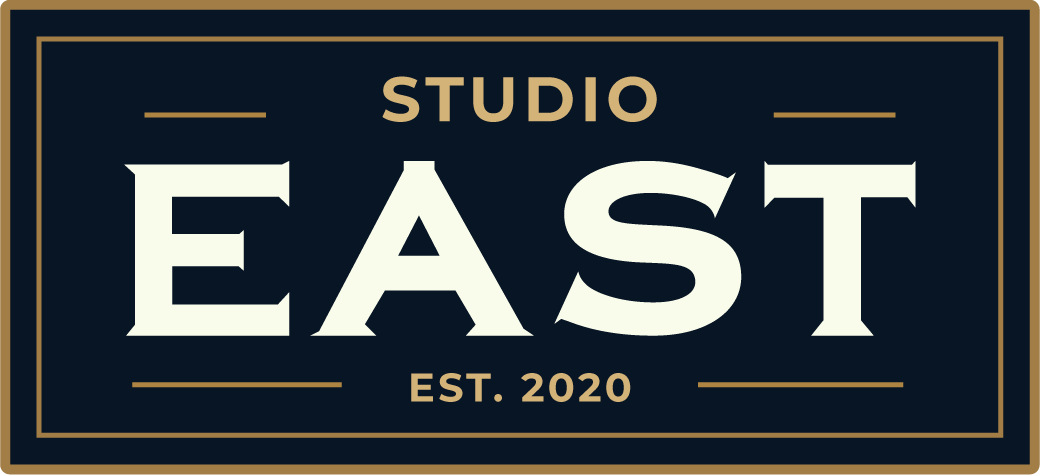
Top 5 Factors to Consider When Choosing a Product Supplier
In today’s competitive market, selecting the right product supplier is a pivotal decision that can directly impact the success of your business. Whether you are sourcing raw materials or finished goods, the choice of supplier influences everything from product quality to customer satisfaction. Not every supplier is created equal, and making an uninformed decision can lead to disruptions, financial loss, or damage to your brand reputation.
This article outlines the top five factors to consider when selecting a supplier. Following these criteria will help ensure smooth business operations and long-term profitability.
1. Product Quality and Reliability
At the core of any successful business partnership is the quality and reliability of the supplier’s product. No matter how competitive the price is, a product that fails to meet your standards will eventually harm your brand and reduce customer trust. Suppliers that offer high-quality products with consistency help prevent supply chain disruptions and maintain production schedules.
Understanding Quality Control Measures
- Certifications and Standards: Look for suppliers with certifications like to ensure quality compliance.
- On-Site Audits: Conducting regular audits ensures suppliers maintain promised quality levels.
- Sample Testing: Never skip testing product samples before committing to large-scale orders. This minimizes the risk of faulty products.
2. Pricing and Total Cost of Ownership
While pricing is always a crucial consideration, the lowest price doesn’t always mean the best value. A supplier that offers slightly higher prices might provide superior quality, better service, or more favorable payment terms. Moreover, the total cost of ownership goes beyond the product’s unit price and should factor in shipping fees, customs duties, warehousing, and potential downtime costs.
Negotiation Strategies for Better Pricing
- Long-term Contracts: Establishing long-term partnerships can yield better rates and discounts.
- Bulk Order Discounts: Many suppliers offer volume-based discounts or added services for large purchases.
- Competitive Bidding: Engaging multiple suppliers ensures you get the most favorable price without compromising quality.
3. Supplier Reputation and Experience
The supplier’s reputation in the market can give insight into their reliability and performance over time. An experienced supplier with positive feedback from other businesses is often a safer bet compared to a newcomer with no track record.
Tools to Vet Supplier Credibility
- KYC (Know Your Customer) Checks: Platforms like Studio East offer KYC-verified supplier databases to ensure legitimacy and compliance.
- Certifications and Compliance: Confirm that the supplier meets industry-specific certifications and legal requirements.
- Customer Reviews and Testimonials: Online reviews and recommendations provide invaluable insight into supplier reliability.
4. Flexibility and Capacity to Scale
Business needs can change rapidly, and suppliers must be flexible enough to adapt. Whether it’s scaling up production for peak seasons or handling unexpected orders, a reliable supplier should be able to accommodate fluctuations without compromising delivery schedules.
Importance of Forecasting and Supplier Readiness
- Inventory Management: Suppliers should maintain sufficient stock levels to meet sudden demands.
- Lead Times: Monitor their delivery timelines to avoid delays.
- Seasonal Readiness: Ensure the supplier can adjust to seasonal market changes without impacting product availability.
5. Communication and Customer Service
Good communication is essential for a successful supplier relationship. Clear and timely communication ensures that both parties understand expectations, timelines, and any potential issues. Suppliers with proactive customer service teams can address challenges before they escalate.
Role of Technology in Supplier Communication
- Real-Time Collaboration Platforms: Tools like Slack or Microsoft Teams enhance supplier-client coordination.
- Automated Reporting Systems: Keep track of deliveries, invoices, and forecasts with ease.
- Dedicated Account Managers: A single point of contact ensures smoother communication and faster resolutions.
Why Choosing the Right Supplier Platform Matters
Vetting and selecting the right supplier can be an overwhelming task. Traditional methods like site visits, manual checks, and reference calls are time-consuming and often unreliable. Moreover, working with unverified suppliers opens the door to fraud, non-compliance issues, and other risks.
How Studio East Ensures Access to Vetted Suppliers
At Studio East, we understand the challenges businesses face when sourcing the right suppliers. That’s why we’ve built a platform that connects you with only KYC-verified suppliers, ensuring that each supplier meets strict quality, compliance, and reliability standards.
Our platform simplifies the supplier selection process by offering:
- Instant access to a network of trusted suppliers
- KYC verification for all listed suppliers
- Tools and consultation to compare pricing, lead times, and service levels
By registering with Studio East, you can eliminate the risks associated with unvetted suppliers and focus on growing your business.
Conclusion
Choosing the right supplier is a crucial decision that requires balancing multiple factors—quality, pricing, reputation, flexibility, and communication. Taking the time to evaluate potential suppliers based on these criteria will set the foundation for a successful partnership.
Studio East makes the supplier selection process hassle-free and reliable by providing a platform with pre-vetted, KYC-compliant suppliers. Don’t leave your supply chain to chance- work with suppliers you can trust through Studio East.
